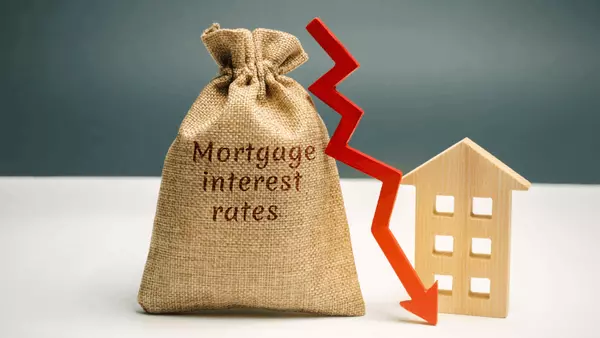What a Recession Might Mean for the Housing Market

The word "recession" often sparks concern across industries, and the housing market is no exception. When economic growth slows down, people naturally wonder how their biggest investments—like their homes—will be affected. While every recession is different, understanding the potential impacts on housing can help homeowners, buyers, and investors make more informed decisions.
1. Home Prices May Cool Off
During a recession, consumer confidence typically dips and unemployment can rise. With fewer people financially ready to buy homes, demand may decrease. In turn, this can lead to slower home price growth—or even price drops—in some areas. However, this doesn’t always mean a crash. In some past recessions, home prices only declined slightly or remained stable.
2. Mortgage Rates Could Fall
In response to economic downturns, the Federal Reserve often lowers interest rates to stimulate borrowing and spending. This can bring mortgage rates down, making home loans more affordable. For buyers with job stability and good credit, a recession could be an opportunity to lock in a lower rate and buy at a more favorable price.
3. Inventory Levels Might Rise
If buying activity slows, homes can sit on the market longer. This could increase inventory, giving buyers more choices and more negotiating power. Sellers, on the other hand, might need to price more competitively or offer incentives to close a deal.
4. Tighter Lending Standards
Banks and lenders often become more cautious during a recession. This can lead to stricter approval criteria for mortgages, including higher credit score requirements and larger down payments. While rates may be lower, not everyone will easily qualify.
5. Renting Could Become More Popular
If buying becomes riskier or harder to finance, more people may choose to rent. This could boost demand in the rental market, especially in urban areas or markets with a strong job presence. Investors in rental properties may find opportunity, while renters may face rising prices.
6. Long-Term Perspective Still Matters
Real estate is typically a long-term investment. Even if prices dip during a recession, history shows that housing markets tend to recover and grow over time. Buyers and owners who focus on long-term value rather than short-term fluctuations are usually in a stronger position to weather economic changes.
💡 While a recession can introduce uncertainty, it doesn’t spell disaster for the housing market. The effects depend on a variety of factors including location, the severity of the downturn, and broader financial conditions. Whether you're buying, selling, or holding, staying informed and focusing on long-term goals is the best approach.
Categories
- All Blogs (292)
- All about Boston (49)
- Buyer Tips (138)
- December Home Maintenance and Safety Tips (1)
- FUN Facts (10)
- Home Décor Ideas (25)
- Home Improvements (1)
- Home Maintenance and Safety Tips (14)
- Infographics (10)
- Investing (81)
- Monday Motivation (6)
- Real Estate (86)
- Seller Tips (104)
- Storage and Organization (8)
- The Open Door Podcast (2)
- The truth about Real Estate (135)
- Tips (83)
Recent Posts











"My job is to find and attract mastery-based agents to the office, protect the culture, and make sure everyone is happy! "
